“Spirit of Geneva” lives on in America
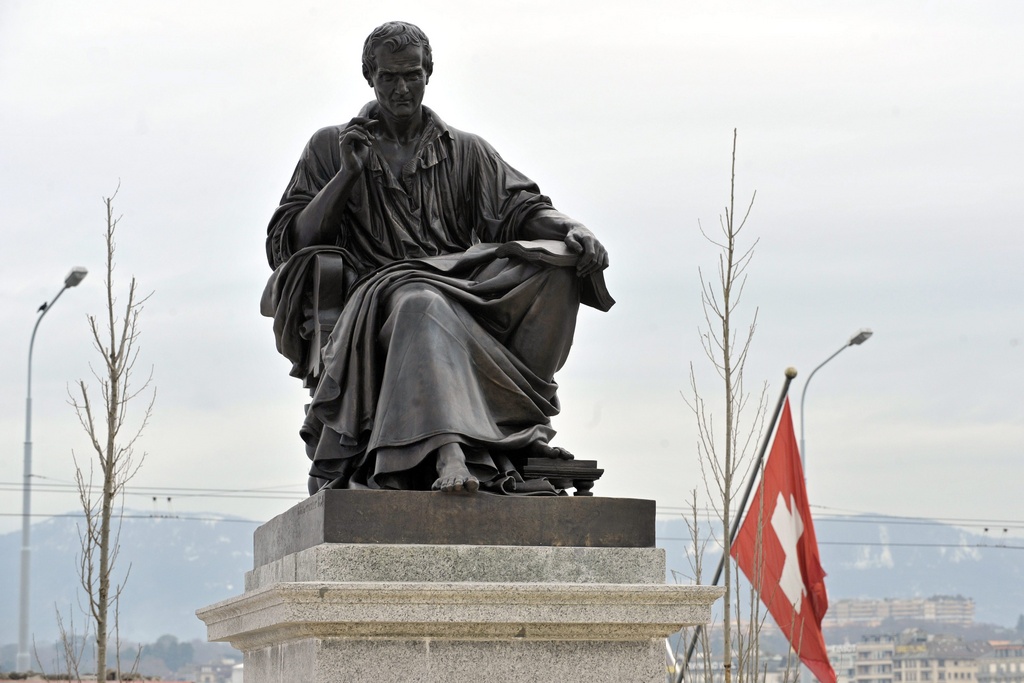
The achievements of two famous Genevans were celebrated in New York on Thursday as part of a week-long event exploring the lasting impact of ideas originating in Geneva.
New York University (NYU) paid tribute to America’s Swiss founding father, Geneva-born Albert Gallatin, and the avant-garde French novelist, poet and essayist Michel Butor, a former dean of the Faculty of Letters at Geneva University.
Although they lived 200 years apart, their beliefs and actions were shaped by L’Esprit de Genève (the Spirit of Geneva).
“The ideas Geneva has unleashed upon the world are not mere artifacts. They lie at the core of Swiss and American identity. They are alive and well and continue to shape our lives,” said François Barras, Swiss consul general in New York.
The consulate general of Switzerland in New York and the city of Geneva are presenting more than ten events at venues throughout the city, on the occasion of the 300th anniversary of the birth of the Genevan philosopher, writer and composer Jean-Jacques Rousseau.
Occupy Rousseau
“Pro-democracy movements from Egypt to Wall Street are transforming Rousseau’s ideas for the 21st century,” Barras said.
He went on to encourage the audience to visit a panel discussion “Occupy Rousseau” that will examine the question: What would Jean-Jacques Rousseau say about our democracies if he were alive today?
Rousseau’s ideas on popular sovereignty – that the legitimacy of the state is created and sustained by the will or consent of its people – are part of The Spirit of Geneva.
The Swiss city is seen as contributing uniquely to human development over the last 500 years as an incubator of ideas and initiatives, including the founding of several international organisations, such as the Red Cross.
Butor said Geneva represents the spirit of independence because of the intersection of various cultures and languages, and the spirit of revolution, which has been at the city’s heart since the 16th century. Going forward, he hopes the Spirit of Geneva will help construct a new global world that thrives on differences between cultures.
“Sometimes people wanted to impose their culture on all the people on the earth. Many people think that way even today,” said Butor,.
“In the political world often people are at war, for example people from one religion hate the other,” Butor told swissinfo.ch.
A world model
The geography of Geneva helped shape it as a city open to new ideas, according to Butor. “When you have a bright day in Geneva you see all these beautiful mountains, but they are all in France and all of your horizon is in a foreign country,” he said.
“It was inscribed in the geography of Geneva for it to be a city of international institutions.”
On Gallatin’s contributions, Butor said his ideas and work are closely tied to the “fortune of the United States” thanks to his work in politics and diplomacy.
At the event on Thursday, Butor, who is 85, was presented with the 2012 Presidential Medal by the president of NYU.
“I always tried to open my mind and Geneva was a good place to do that. But I have not finished yet,” Butor said.
Gallatin, who was strongly influenced by the philosophy of Rousseau, emigrated to the US in 1780 at the age of 19.
He became Secretary of the Treasury under President Thomas Jefferson in 1801 and to this day remains the longest-serving holder of the office.
He was instrumental in arranging the Louisiana purchase, by which the US bought the territory of Louisiana from France in 1803, more than doubling the size of the country.
His long list of achievements include representing the US skillfully in negotiations to end the war with Britain, which led to the signing of The Treaty of Ghent in 1814.
After leaving the Treasury he had a diplomatic career, serving as ambassador to Russia, France and London.
In 1831, Gallatin co-founded New York University, which is one of the largest private universities in the United States, and was its first rector.
He died in New York in 1849, at the age of 88.

In compliance with the JTI standards
More: SWI swissinfo.ch certified by the Journalism Trust Initiative
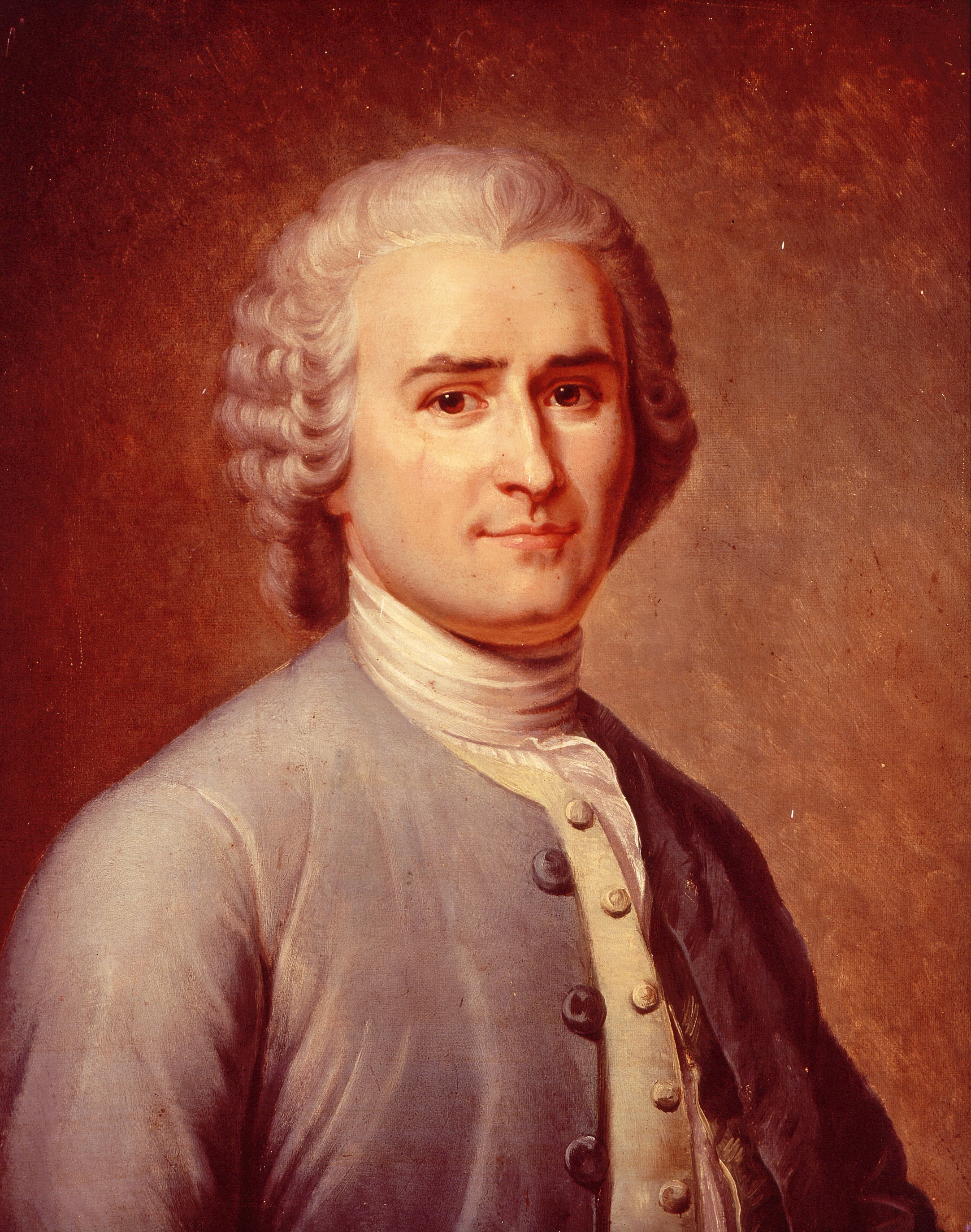
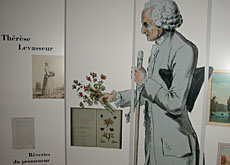
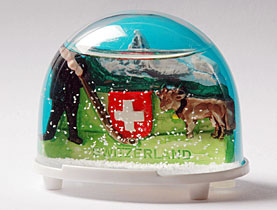
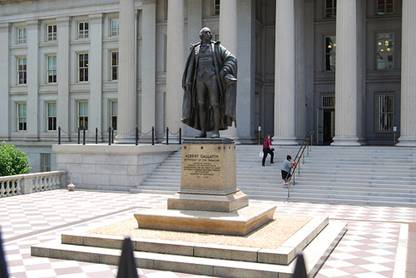
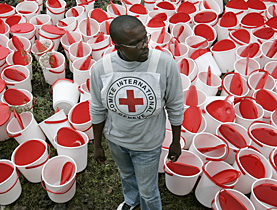
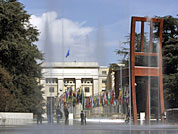

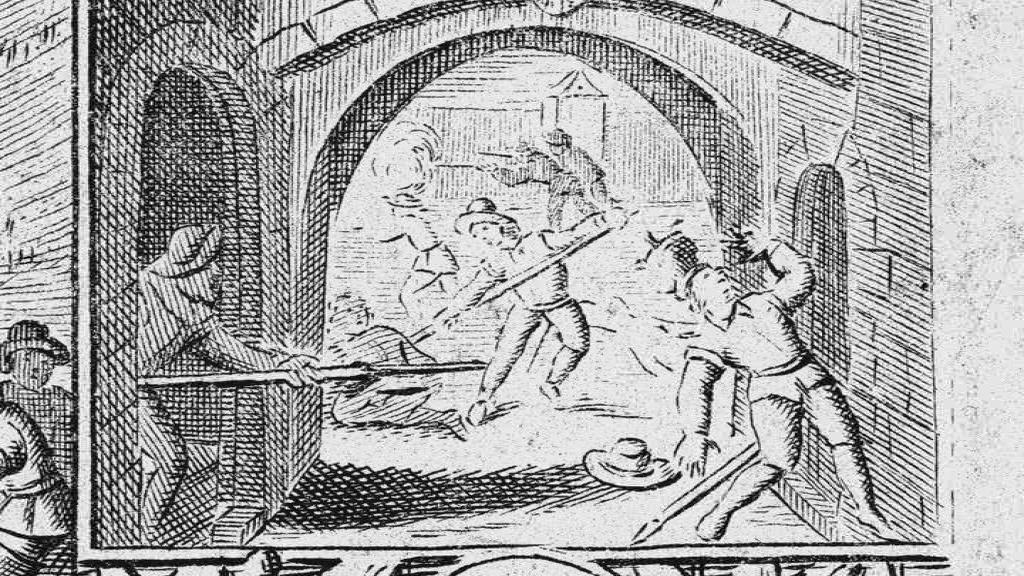
You can find an overview of ongoing debates with our journalists here . Please join us!
If you want to start a conversation about a topic raised in this article or want to report factual errors, email us at english@swissinfo.ch.